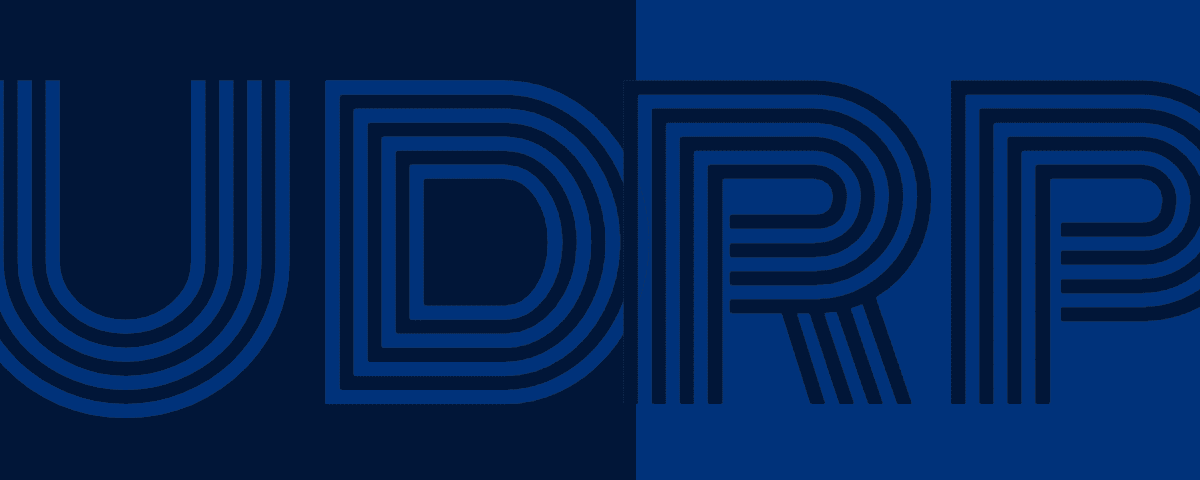[ad_1]
A properly-argued UDRP would have likely negated reverse domain name hijacking and possibly ended in a transfer.

My brother is a corporate attorney. When I ask him a legal question outside of his specialty, he tells me I might as well ask someone on the street. Law is a specialized field, and an expert in one area isn’t often best qualified to handle cases in another area.
I bring this up often when I see a poorly argued UDRP or a UDRP in which a domain name attorney versed in UDRP jurisprudence could have helped one of the parties.
Such is the case in a World Intellectual Property Organization (WIPO) case for securus.com. The domain owner didn’t respond, but panelist Tony Willoughby found in favor of the domain owner and said it was a case of reverse domain name hijacking.
At issue is the domain being registered in 1995 before the Complainant Securus Technologies, LLC had trademark rights in the term. In finding reverse domain name hijacking, Willoughby wrote:
If the Complainant’s representative had researched the Policy and its jurisprudence properly (e.g., by studying the guidance materials readily accessible on WIPO’s website), the Complaint would not likely have been filed and certainly not in its current form, bereft of any argument (still less evidence) to overcome the fundamental defect identified above. The Complainant would have been told that its complaint needed to be followed up in another forum (such as a court).
That “fundamental defect” was the registration dates. The domain registrant couldn’t have registered the domain in bad faith in 1995 to target an as-yet-non-existent trademark.
The case should not have been filed without addressing the issue, and the Complainant could have easily addressed it. While it’s uncertain, there’s a good chance the domain was acquired by another party last year.
Historical Whois records show the same owner over the last couple of decades. Then a June 30, 2020 record shows the domain pending transfer. The domain moved from Network Solutions to Uniregistry. At that point, the nameservers moved from the same ones they had for the life of the domain to point to Uniregistry’s for-sale landers. Days later, it was parked with Bodis and then moved to the Above.com registrar by the end of the year.
I don’t know for sure if the domain sold last year. If it did, it would constitute a new registration through commonly-accepted UDRP jurisprudence.
At a minimum, the Complainant should have put forth this argument, especially when the UDRP process unveiled the registrant information. Even if it lost, it likely would have taken reverse domain name hijacking off the table.
The Complainant shot itself in the foot with its filing, and the domain owner was smart not to respond.
I’m working on another story about a Complainant who should have researched historical Whois. I’ll publish it later this week.
[ad_2]




